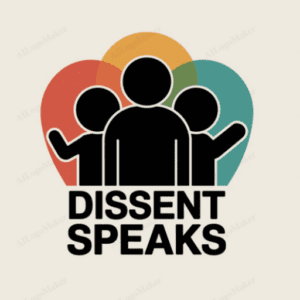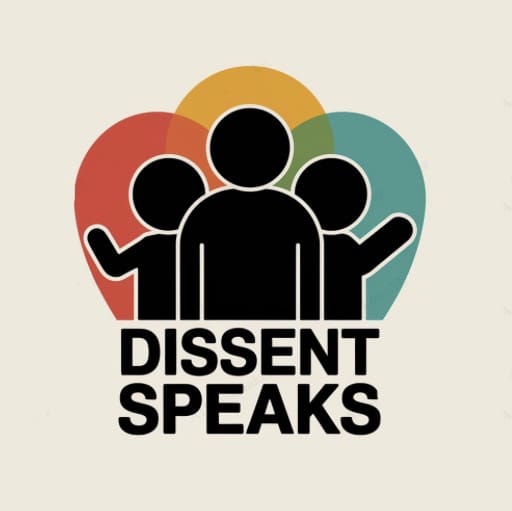On January 20, 2025, the White House issued an executive order titled “Protecting the American People Against Invasion” that marks a significant shift in U.S. immigration policy. This article aims to break down the order’s key provisions, analyze its potential impacts, and provide guidance for affected communities and concerned citizens.
What Does the Executive Order Do?
The executive order implements sweeping changes to immigration enforcement in the United States. Its major provisions include:
- Revoking several previous executive orders related to immigration reform and family reunification
- Establishing Homeland Security Task Forces (HSTFs) in all states
- Expanding detention facilities and capabilities
- Increasing cooperation between federal and local law enforcement
- Implementing stricter enforcement of immigration laws
- Creating new systems for civil fines and penalties
- Reinstating the VOICE office for victims of crimes
- Restricting access to public benefits
- Targeting “sanctuary” jurisdictions that limit cooperation with federal immigration authorities
Understanding the Context
This executive order represents a significant departure from previous immigration policies. The order’s framing of unauthorized immigration as an “invasion” signals an intensified approach to enforcement. However, it’s important to note that independent analyses from organizations like the Pew Research Center indicate that unauthorized immigration has actually decreased in recent years, challenging the premise of an “invasion” narrative.
Potential Impacts
For Immigrant Communities
The order could have far-reaching effects on immigrant communities, including:
- Increased risk of detention and deportation
- Reduced access to public services
- Potential separation of families
- Greater involvement of local law enforcement in immigration matters
- New financial penalties for immigration violations
For Local Communities and Institutions
The order also affects broader communities:
- Increased demands on local law enforcement resources
- Potential economic impacts on industries relying on immigrant labor
- Strains on community relations and trust
- Changes in access to public services and benefits
- New requirements for information sharing between agencies
Legal Considerations and Rights
While the executive order implements stricter enforcement measures, it’s crucial to understand that:
- Constitutional rights apply to all persons in the United States, regardless of immigration status
- Due process rights remain in effect
- Legal challenges to various provisions are likely
- The implementation depends on available funding and resources
Practical Guidance
For Potentially Affected Individuals
If you might be affected by this order:
- Keep important documents organized and easily accessible
- Maintain copies of all immigration-related paperwork
- Create a family preparedness plan
- Know your rights and keep contact information for legal resources
- Stay informed through reliable sources
- Consider consulting with an immigration attorney
For Concerned Citizens and Allies
If you want to help:
- Support local immigrant advocacy organizations
- Stay informed about policy changes and their implementation
- Contact elected representatives about your concerns
- Help spread accurate information to counter misinformation
- Support affected communities through legitimate aid organizations
Moving Forward: Community Response and Resources
Verified Information Sources
Stay informed through reliable sources such as:
- Official government websites (USCIS.gov, DHS.gov)
- Established immigration advocacy organizations
- Licensed immigration attorneys
- Reputable news organizations
- Academic research institutions
Community Support
Many organizations provide support services:
- Legal aid organizations
- Immigrant advocacy groups
- Faith-based organizations
- Community health centers
- Educational institutions
Conclusion
This executive order represents a significant shift in immigration policy that will affect many communities across the United States. While the situation may seem daunting, it’s important to respond with knowledge rather than fear. Stay informed, know your rights, and seek support through legitimate channels.
Remember that various organizations and legal professionals are working to understand and address these changes. The implementation of such broad policy changes often faces legal challenges and practical limitations, which may affect how and when different provisions take effect.
Additional Resources
For more information and assistance:
- American Immigration Lawyers Association (AILA): www.aila.org
- National Immigration Law Center: www.nilc.org
- Immigration Advocates Network: www.immigrationadvocates.org
- Local legal aid organizations in your area
Note: This article provides general information and should not be considered legal advice. For specific situations, please consult with a qualified immigration attorney.


